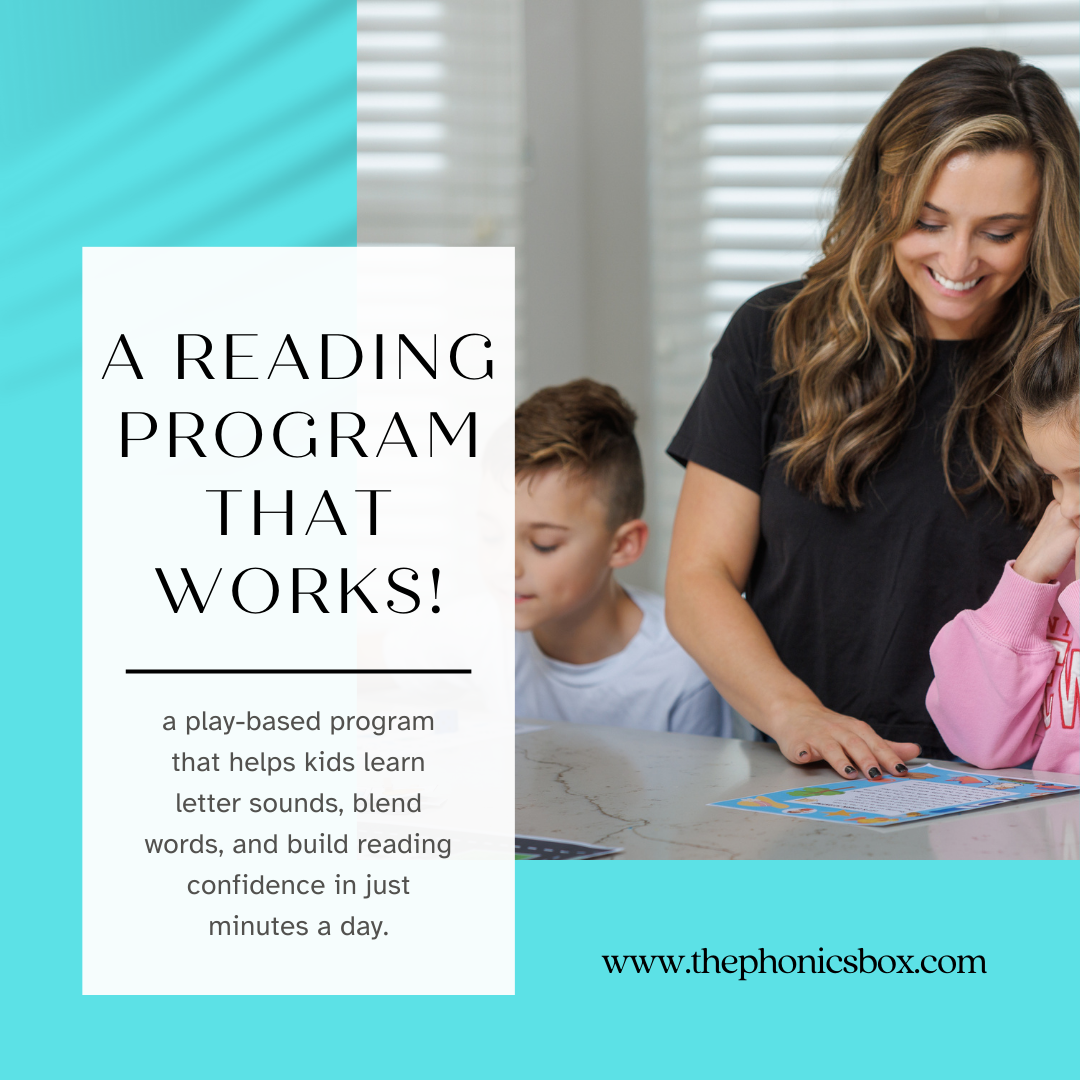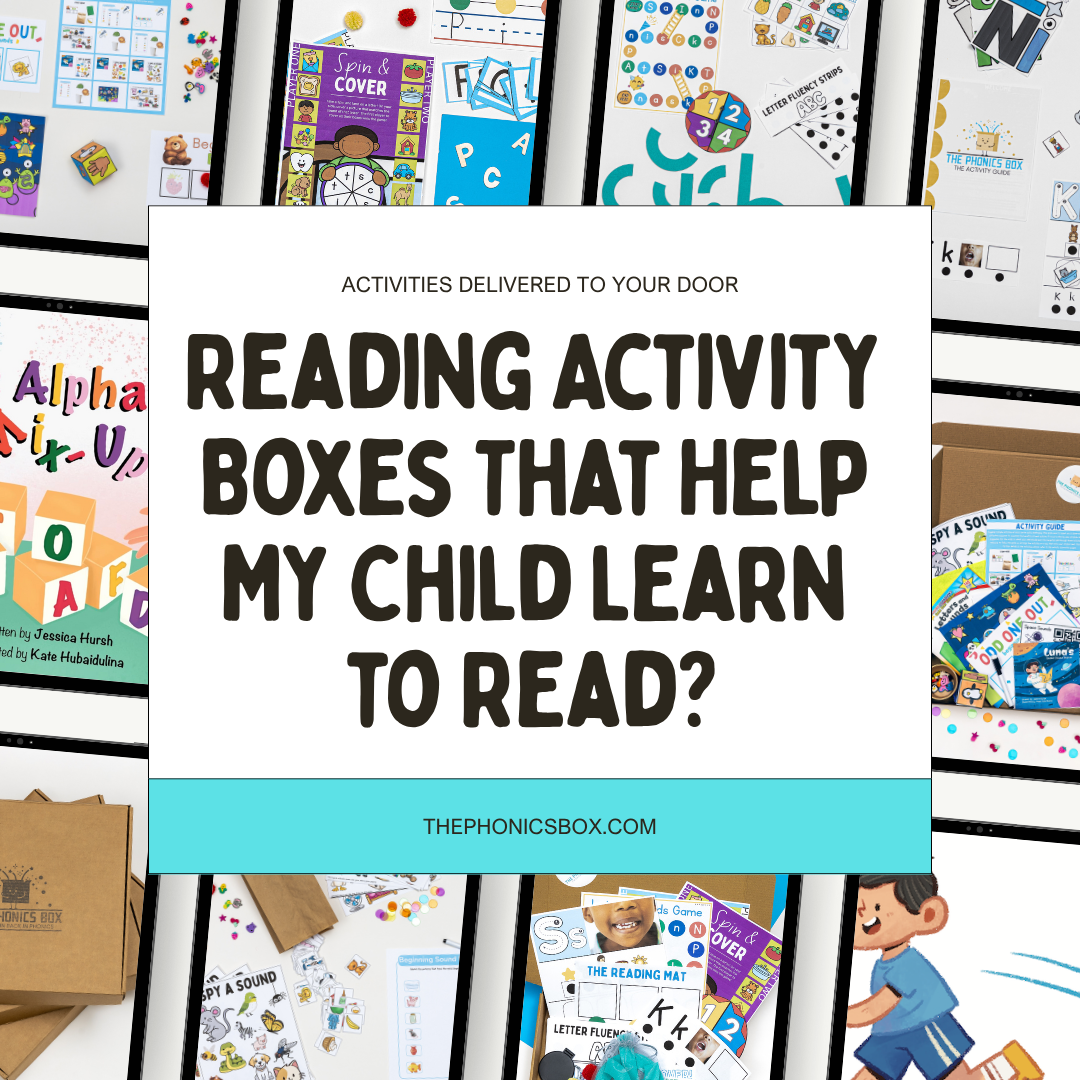The Importance of Reading Comprehension
Reading comprehension is more than just being able to sound out words—it’s about understanding and connecting with the text. When children comprehend what they read, they are able to extract meaning, relate it to their own experiences, and think critically about the information. Developing strong reading comprehension skills early on is essential for academic success and a lifelong love of reading.

Why Is Reading Comprehension Important?
Comprehension is the goal of reading. Without understanding, reading becomes a mechanical process of decoding words rather than gaining knowledge or enjoying a story. Comprehension allows children to analyze what they read, ask questions, draw inferences, and form conclusions. As they grow older, strong comprehension skills will help them grasp more complex texts and concepts across subjects like science, history, and literature.
Strategies to Improve Reading Comprehension
There are simple yet effective strategies to help your child improve their comprehension skills:
- Ask Questions: After reading a story or passage, ask your child questions about the plot, characters, and main ideas. Encourage them to think beyond the literal text and make predictions or inferences.
- Summarize: Have your child retell the story in their own words. This helps them process the main ideas and check their understanding of the material.
- Make Connections: Guide your child to connect the story to their own life, other books they’ve read, or the world around them. This deepens their understanding and makes reading more engaging.

Two Games to Boost Reading Comprehension
- “Story Map” After reading a book or passage, help your child create a “story map” by drawing pictures or writing words to represent the key elements of the story—characters, setting, problem, and solution. This visual aid helps children organize and summarize the main ideas of the story while reinforcing comprehension.
- “What Happens Next?” Stop in the middle of reading a story and ask your child, “What do you think will happen next?” This game encourages them to make predictions based on context clues and engage with the plot. After reading, you can revisit their predictions to see if they were right. This game helps children think critically about what they read and strengthens their understanding of the story structure.

With these strategies and activities, you’ll be setting your child up for reading comprehension success, helping them unlock the deeper meaning behind the words and enjoy reading on a whole new level.
Related Posts


Which Phonics Box Should I Start With? A Parent’s Guide to the First 6 Boxes




